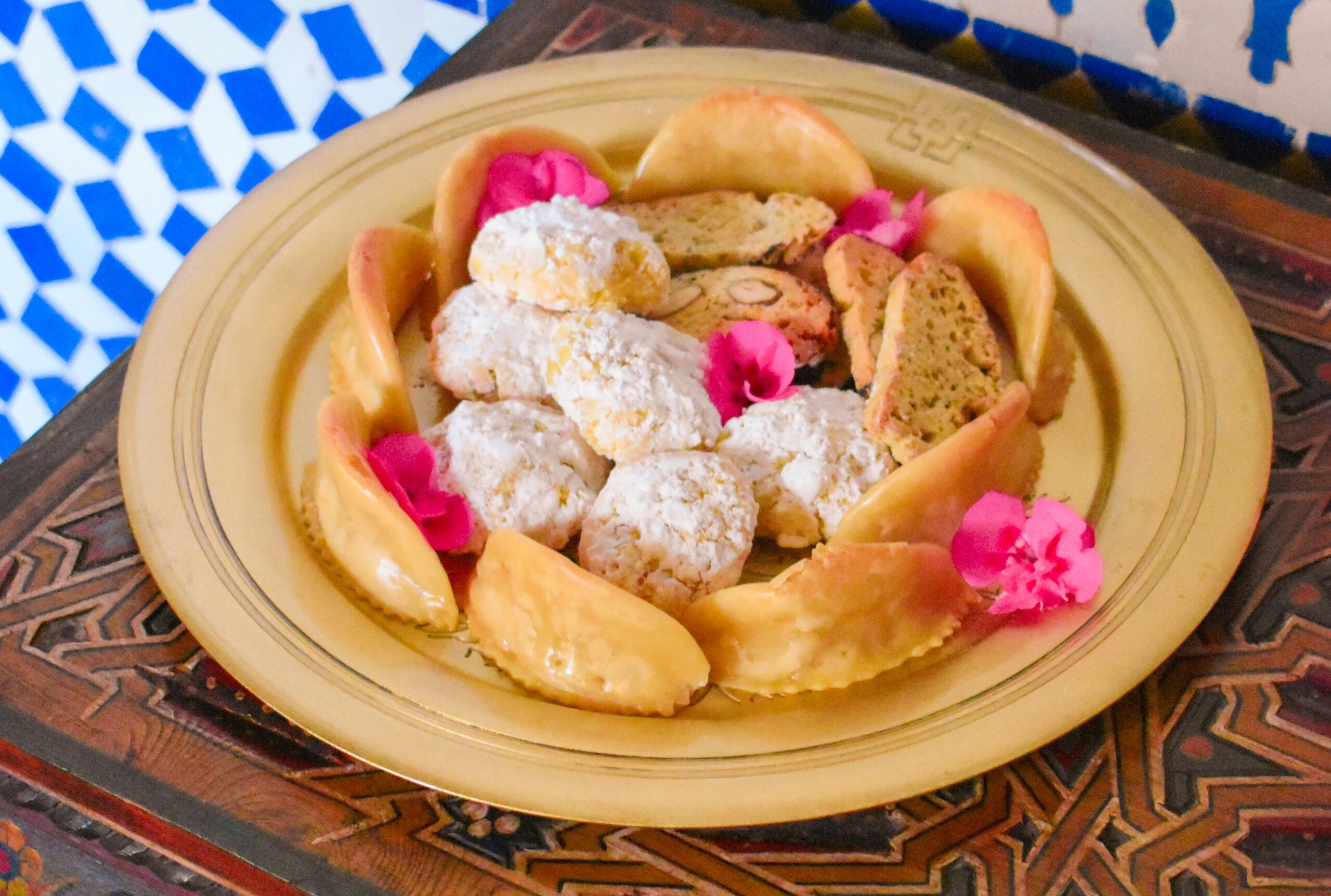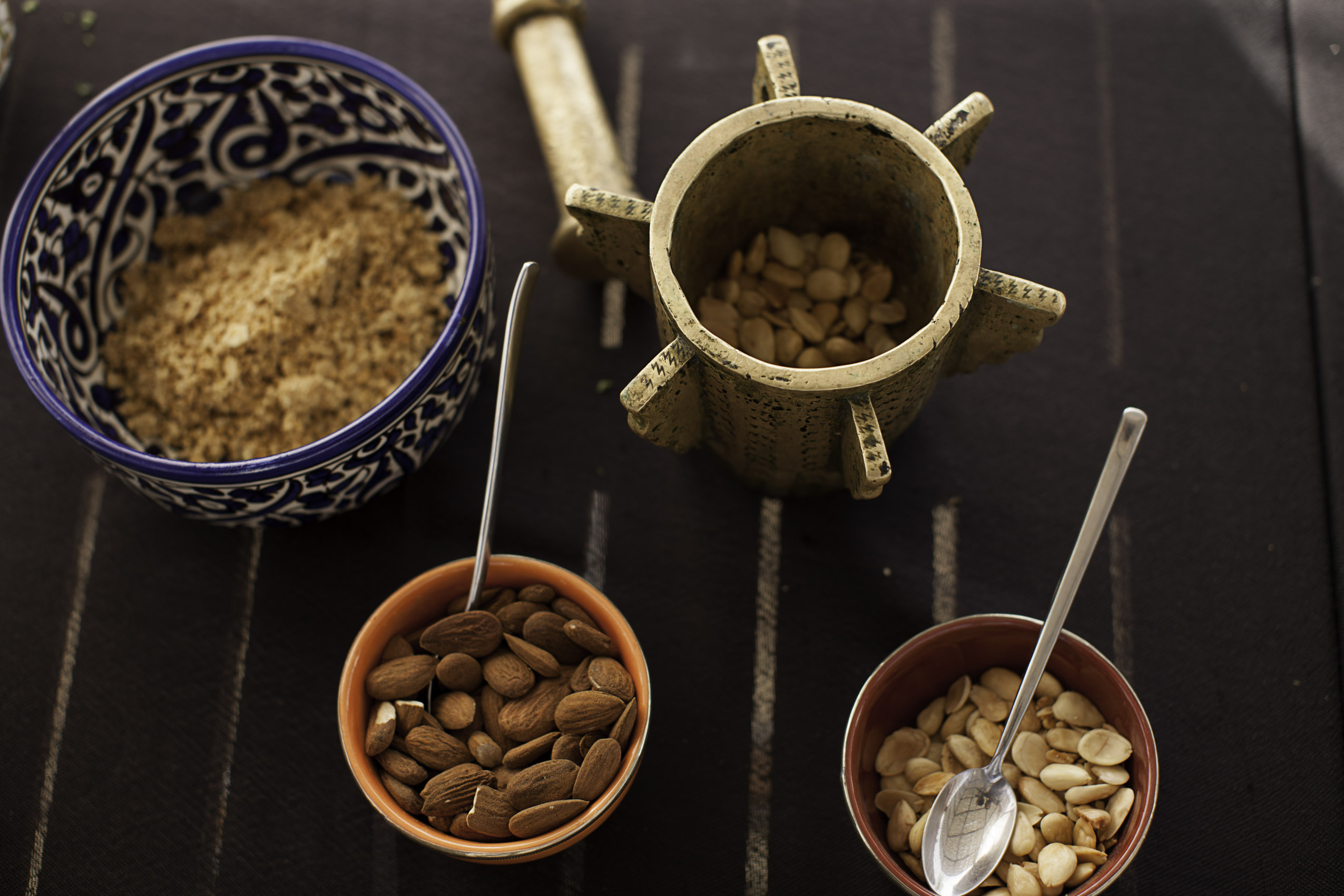Almonds a key element in Moroccan cuisine
Almonds remains a key element in Moroccan cuisine, adding a unique and delightful flavor to a variety of dishes.
From savory tagines to sweet pastries, almonds play a prominent role in creating the rich and diverse flavors that characterize Moroccan cooking.
Moroccans use almonds in both whole and ground forms, to provide texture and depth of flavor. They use almond toasted and added as garnishes to dishes such as couscous or salads to offer a satisfying crunch. Ground almonds are frequently used as a base for sauces or as an ingredient in desserts like almond cookies or almond pastries.
The versatility of almonds allows them to seamlessly blend with other ingredients. Whether it’s adding richness to meat-based stews or balancing the sweetness of honey and dried fruits in desserts. Besides, they bring a distinct nuttiness that elevates Moroccan cuisine to new heights.
Furthermore, almonds are not only valued for their culinary contributions but also for their health benefits. They are packed with nutrients such as vitamin E, magnesium, and healthy fats that promote heart health and provide an energy boost.

Mariem Trifi


